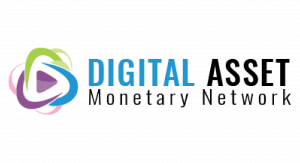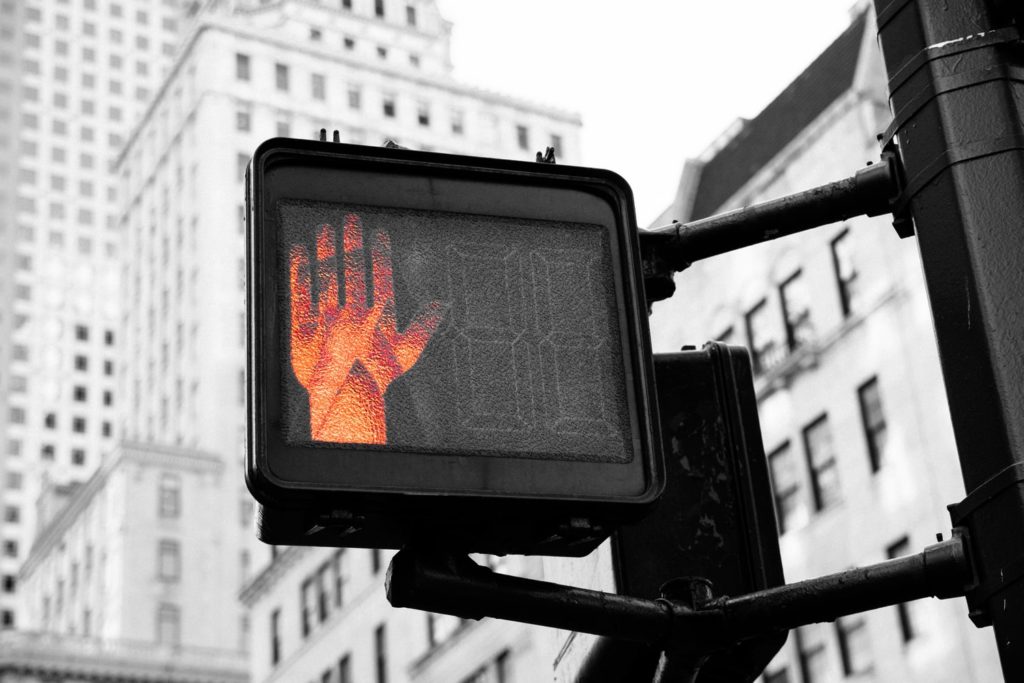All hail the ersatz heir
Public.com, the social investing app, has been making the rounds in the news due to their recent $65M Series C funding round and acquisition of high profile investors like Tony Hawk and the Chainsmokers. This brings their total raise to $90M, which seems especially interesting considering we’re still in the throes of a pandemic which ushered in a 30% drop in global venture capital funding while VC rounds dropped 44% overall and 57% for seed-stage startups in America.
Since Robinhood was pushed off a cliff through the social collusion of online message boards, the folks at Public should be paying rapt attention. Their app is pretty much just Robinhood with a social network plugged in, and a network of novice investors—a recipe for utter disaster.
Access for all. Who’s all?
According to public.com, their app offers access to “non-traditional” investors which sounds shockingly similar to the guys over at Robinhood who were supposedly attempting to “democratize” investing—but actually enriching the bourgeois. And we know how that turned out! While these intentions are noble, there’s a lot of valuable context missing from this picture. America’s wealthiest 1% own 50% of stock market gains, and the wealthiest 10% own 92%. How much access can the rest of us actually expect to gain? So, isn’t Public.com essentially only offering access to the remaining 8% ownership available in the stock market? It would seem that way. Gee, thanks.
But wait, Public.com offers fractional investing! Yeah, they’d better, since there’s only a rounding error’s worth of stock market equity left for grabs at this point. If fractional investing is your jammy-jam, perhaps try Vezt Inc, it would be more fun and perhaps offer better value.
Financial literacy. Sort of
One of Public.com’s interchangeable co-founders stated, “Investing is a forcing function for financial literacy,” which is a nice sentiment, but divorced from the reality of consumer behavior. The truth is, most people won’t do the necessary financial research before trading. Consumers behave irrationally, struggle to accurately gauge risk, and often act against their own best interest. That’s to be expected, because consumers are humans, and we are emotional decision-makers. For many, investing can activate the same feelings as gambling, and the emotional pull is overwhelming.
Public.com’s statement “If you put $50 into a stock, you’re much more likely to research it and follow it and understand how it works” is a dangerous assumption without some form of guardrails in place. This sounds like they are simply passing the responsibility for learning onto their users—90% of whom are first-time investors and likely to be non-accredited—instead of actively building a safer trading platform that mitigates our worst human impulses and inspires responsible behavior. Yes, we know the onus is on investors to perform DD (Due Diligence, for newcomers), but the overwhelming number of these users are likely to be financially illiterate and very inexperienced investors.
It took Robinhood less than a year to spin out of control. In the summer of 2020, one user sadly lost his young life and just recently, the app has been accused of “gamification” by a Massuchusetts securities regulator. The regulator is “alleging the popular online brokerage aggressively marketed to novice investors and failed to put controls in place to protect them” which sounds reasonable considering that “one Robinhood user with no investment experience made more than 12,700 trades in just over six months.” Firms dealing with novice investors should lead with integrity and take their fiduciary duty seriously.
The social network
Plugging a social network into an investment app filled with novice investors is courting disaster. Haven’t we learned our lesson yet on the big social media experiment? Life’s better when you’re more social—until it isn’t. We’re still grappling with the dangerous real-life consequences of social media, and connecting that world with the emotional triggers and high stakes of online investing with real money is dangerous.
High profile and professional investors have repeatedly proven that they aren’t more talented at picking stocks than the rest of us, therefore, novice investors are arguably better off on their own than following the herd. Groupthink is rampant among professional angel investors—if they can’t resist homogeneous thinking, how can novice investors be expected to? And, what benefit does the social component of Public.com truly offer? With a social network attached to an investment app, the emergence of personalities like Dave Portnoy is inevitable. Social hierarchies will form and herd mentality will kick in. Rinse and repeat. It’s the same crap, just a different platform. Social proof—especially in an investment app—isn’t the selling feature that Public.com seems to think it is. With the social collusion the market witnessed with Gamestop, what Public.com is offering hardly seems worth the risk. A rounding error of ownership may not compare to the downside of what awaits.
The kings of wishful thinking
From what we’ve seen, Public.com offers nothing that actually differentiates it from their competitors or gives any indication that their app won’t devolve into a typical social media cesspool. Unfortunately, human nature is immortal and emotions override logic. That’s why we need mindful intervention and appropriate safety measures built into digital investment platforms. Robinhood provided a preview of the behavior that we can expect in these trading environments, and it would be wise to learn from their mistakes. Putting the onus on novice investors to act responsibly is hardly acting in good faith, or with integrity towards one’s fiduciary duty.
We’re curious to hear precisely how the founders believe Public.com is different and how they intend to protect their users— both financially and emotionally, as the latter has already caused a loss of life on a competitor’s platform. As we see it, Public.com is offering an environment with access to the pittance of equity left in the stock market, seemingly no tangible user financial education and exposure to social media algorithm manipulation. Thanks, we think?
A market for the people
The economy has been decimated, small businesses are shuttering, staggering unemployment abounds, and socioeconomic conditions have deteriorated for many Americans. A $65M investment into an app that’s laughably similar to its competitors is hardly poised to revolutionize the industry, or provide true financial education to novice investors. In fact, day trading is “guaranteed slaughter” for the overwhelming majority of people; most of whom won’t earn more than minimum wage from their trading. The Public.com investment feels like a tragic waste of precious VC money—especially during a pandemic.
Dream with us and imagine how many thousands of small businesses and disruptive ideas would have been funded with $65M in the equity crowdfunding ecosystem instead? How would our entrepreneurial landscape look if VC offered $65M to habitually overlooked founders and got their take on an investment app instead? That’s where true disruption and innovation lies. It’s too bad VC’s aren’t brave enough to fund it and find out… Suckers!
Robinhood Isn’t The Only Equity Investment Option Available to Eager New Traders
Back to Basics: A Beginner’s Guide to Equity Crowdfunding for Newer Investors


